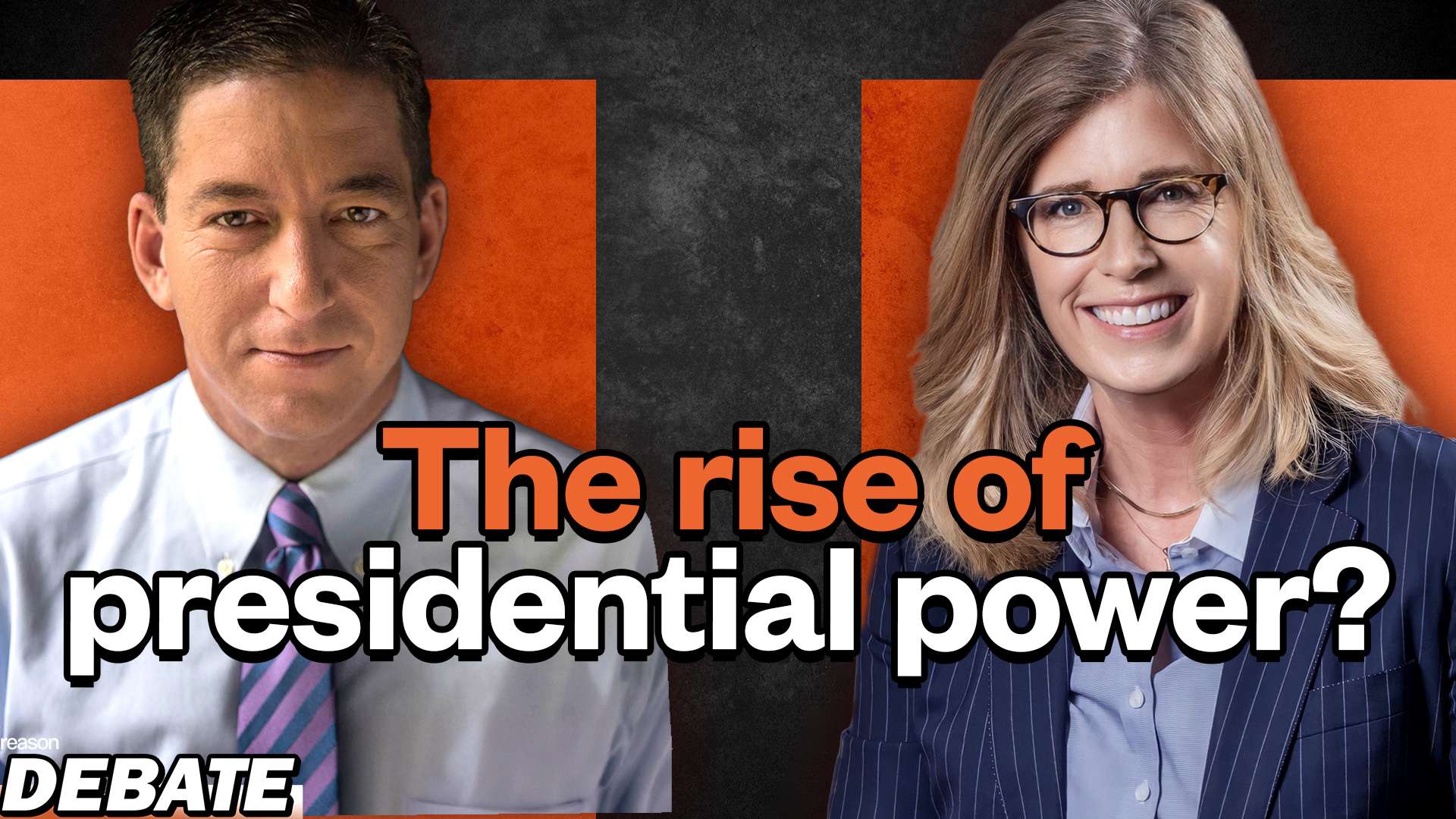An Examination of Presidential Immunity in Light of Supreme Court Jurisprudence
The Soho Forum debate centered on the crucial question of presidential immunity, specifically whether it is essential for the effective operation of the executive branch. Professor Elizabeth Price Foley argued in the affirmative, emphasizing the necessity of shielding presidents from legal repercussions for actions taken within their official capacity. She contended that such immunity safeguards the presidency from politically motivated prosecutions that could cripple executive decision-making. Conversely, Glenn Greenwald argued against absolute immunity, highlighting the potential for abuse of power if presidents are not held accountable for their actions. He stressed the importance of checks and balances on executive authority and the dangers of unchecked presidential power. The debate explored the fundamental tension between protecting the presidency and ensuring accountability within the framework of American democracy.
Foley’s argument rested on the premise that presidential immunity is not a grant of personal privilege but rather a functional necessity for the presidency itself. She asserted that the constant threat of legal challenges, particularly those fueled by political opponents, could paralyze a president’s ability to make difficult but necessary decisions. She argued that the fear of future prosecution could lead to a chilling effect, deterring presidents from taking bold actions, even those within their constitutional authority, out of concern for potential legal repercussions. This cautious approach, she posited, could undermine the executive branch’s ability to effectively respond to crises and address national security threats requiring decisive action. Further, she argued that existing mechanisms, such as impeachment and political checks, provide adequate accountability without resorting to criminal prosecution.
Greenwald countered by arguing that absolute immunity shields presidents from legitimate scrutiny and undermines the principle of equality before the law. He contended that allowing presidents to operate without fear of legal consequences creates a dangerous precedent, potentially fostering an environment of impunity where abuses of power can flourish unchecked. He highlighted historical examples of presidential misconduct, suggesting that without the threat of legal accountability, presidents might be more inclined to overstep their constitutional boundaries. He further argued that holding presidents accountable for their actions reinforces the rule of law and strengthens public trust in government. He emphasized that subjecting presidents to the same legal standards as other citizens is essential for a healthy democracy and prevents the creation of a two-tiered system of justice.
The debate also touched on the practical implications of presidential immunity, including the complexities of defining “official acts” and determining the scope of immunity. Foley argued that a narrow interpretation of official acts would leave presidents vulnerable to frivolous lawsuits and politically motivated prosecutions, hindering their ability to fulfill their duties. She advocated for a broader interpretation that would encompass actions taken within the president’s constitutional authority, providing a robust shield against legal harassment. Greenwald, on the other hand, maintained that a broad interpretation of immunity opens the door to potential abuses and creates a loophole for presidents to evade accountability for illegal actions. He argued for a more nuanced approach that would carefully balance the need for presidential immunity with the imperative to uphold the rule of law.
The discussion of the Supreme Court’s ruling in Trump v. United States underscored the ongoing debate surrounding the scope of presidential immunity. Foley supported the Court’s decision, arguing that it affirmed the importance of protecting presidential authority and preventing the executive branch from being unduly hampered by legal challenges. Greenwald, however, criticized the ruling, expressing concern that it expands presidential immunity beyond reasonable limits and further erodes checks and balances on executive power. He argued that the decision could have detrimental implications for the future, potentially enabling presidents to act with impunity and undermining accountability for official misconduct.
Underlying the entire debate was the fundamental question of how to balance the need for a strong and effective executive branch with the equally important principle of accountability. Foley argued that presidential immunity is essential for maintaining executive power and ensuring that presidents can make difficult decisions without the fear of constant legal challenges. Greenwald countered that unchecked presidential power poses a threat to democracy and that holding presidents accountable for their actions is vital for upholding the rule of law and preserving public trust in government. The debate illuminated the complex and nuanced nature of presidential immunity and its role in the delicate balance of powers within the American constitutional system. Ultimately, the question remains a subject of ongoing debate, with compelling arguments on both sides of the issue.
Share this content:












Post Comment